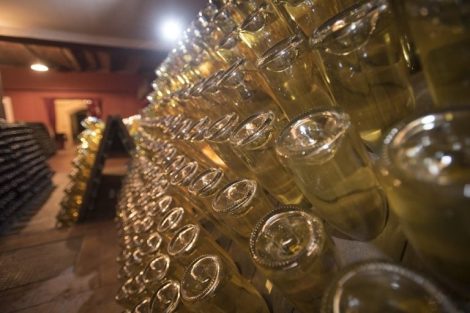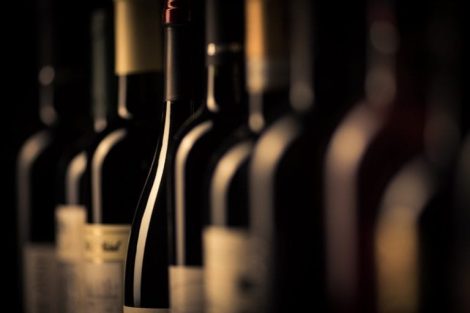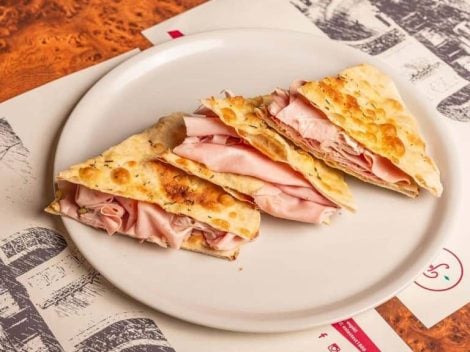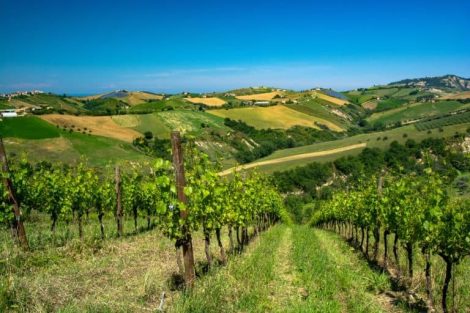A wheat factory in Milan
It's called Fabbrica del Grano, and about a month ago it made its debut at number 26 of Corso Garibaldi, quietly, in a dormant Milan waiting to understand what would come in the coming weeks. Probably also for this reason, the inauguration of this sui generis restaurant did not get much attention, despite an immediately evident peculiarity for those who visit the place, chosing to focus all the work on the culture of wheat. The project, in fact, establishes a direct link with the Sicilian wheat fields that supply the Milanese laboratory - forge for the production of fresh pasta, bread and bakery products for retail and at the same time designed to characterise the restaurant menu - created ad hoc to convey the conversation on the importance of raw materials.
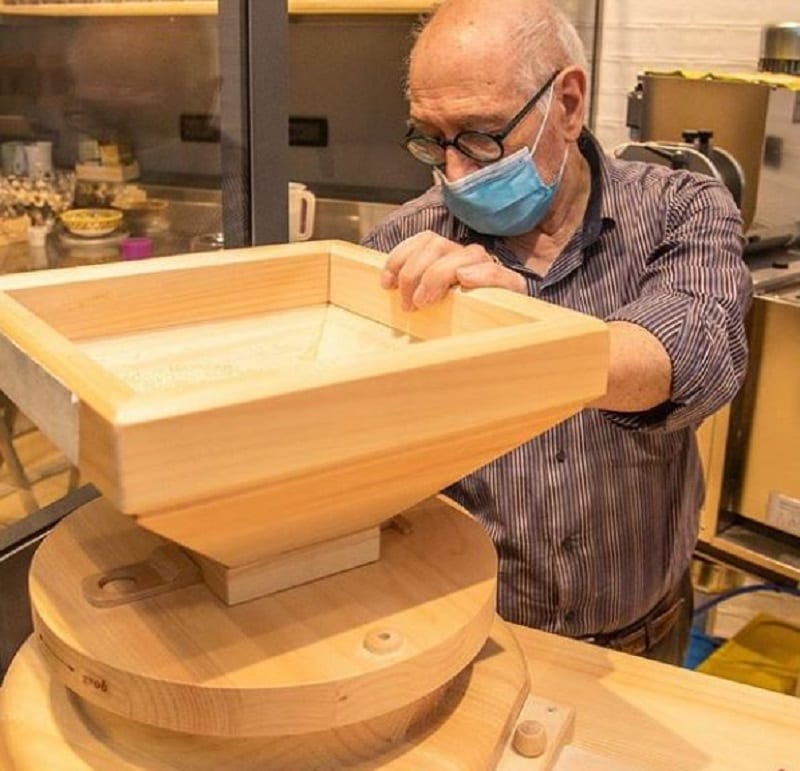
Sicilian grains milled in Milan
Among the members of the initiative, in fact, there is also nutritionist Giuseppe Alletto, a Sicilian who is in love with his land, who several years ago decided to start the cultivation of four varieties of native grains such as Majorca (the necessary soft wheat for the pastry line), and an evolving population of russello, timilia and perciasacchi, grown not far from Agrigento. Today, that grain arrives directly in Milan, to be milled on site thanks to the small mill with a stone grinder that is the real protagonist of the Fabbrica del Grano project, that aims to involve customers in education on the controlled closed supply chain and awareness of the product that reaches the table. In the least pompous way possible.
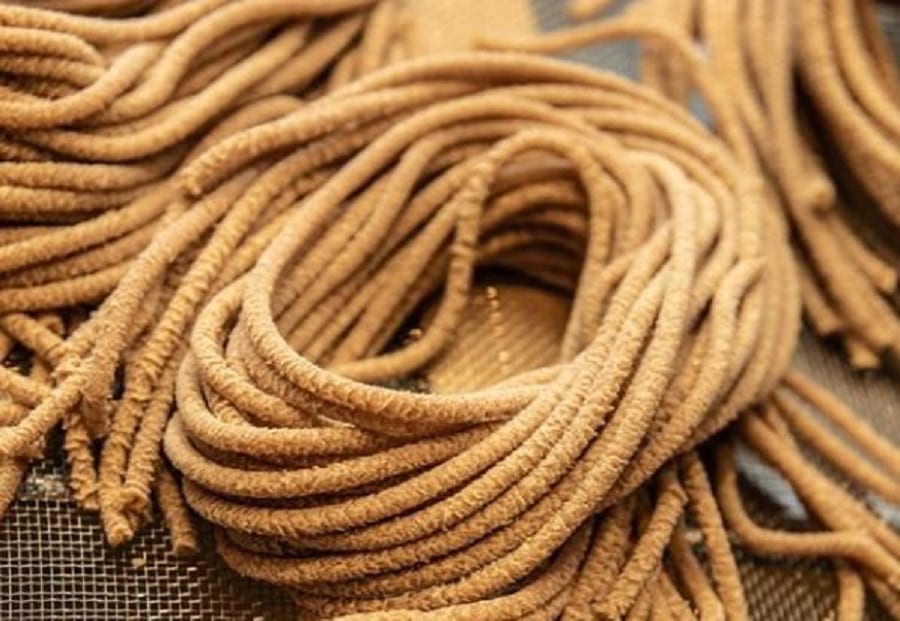
Products. Pasta, bread, cookies
The grains are ground on demand, to make fresh and dried pasta in various shapes (from paccheri to pappardelle, to stuffed egg dough pastas), cookies, baked desserts also for customers with intolerances (lactose free, or low in sugar ), bread in loaves and sandwiches. All of the above supplies the restaurant kitchen, but can also be purchased to order, with the guarantee of having a fragrant product, made from freshly ground grains. Given the curiosity of the first customers, the idea is also to grind on demand to produce flour to be sold at retail, thanks to an increased interest in home baking and a city context that is now definitely ready to teach product culture in terms of grains (thanks to one of the most avant-garde bakers in Italy). In this case the customer chooses the wheat directly, and can have it milled independently in a second mill intended for the purpose.
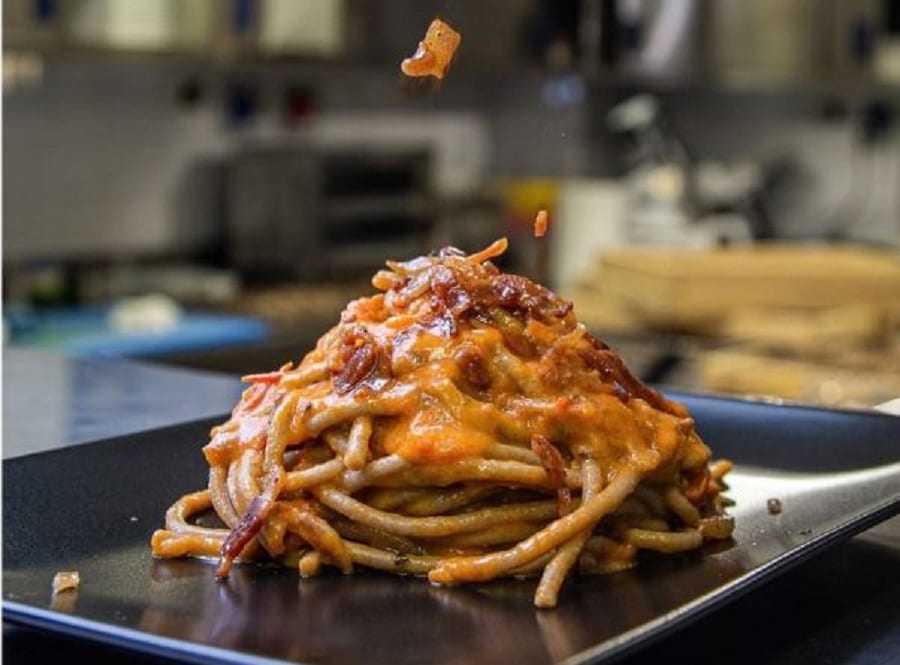
The restaurant. The menu
In addition, there's the restaurant, which also has a small street-side patio, set up with elements that evoke rural settings. The menu features pasta courses based on fresh pasta, also available for take-out: spaghetti with tomato and basil, mezze maniche cacio e pepe, gnocchetti alla Norma, pappardelle with porcini mushrooms, lasagna with meat sauce from Romagnola breed, carbonara (prices range between 10 and 15 euros).
But there is also room for a wheat paella with shellfish and seafood, to share for the table (48 euros), and seafood tartare with homemade croutons. Among the desserts (8 euros), a lasagna brittle with chantilly cream and fresh fruit; a warm tartlet with small-batch jam; Sicilian cuccìa, proposed with milk cream and passion fruit. Mill and laboratory for the production of pasta (by hand or die-extruded) directly overlook Corso Garibaldi, where it's possible to stop and take a look at what is going on behind the display case.
Fabbrica del Grano - Milan - Corso Garibaldi, 26 - www.fabbricadelgrano.it
by Livia Montagnoli

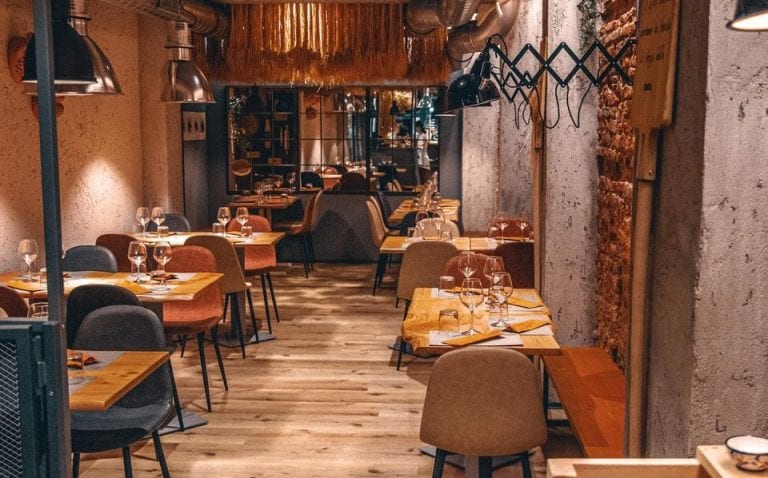
 Trump threatens 200% tariffs on EU wines and champagne if US whisky tariffs are not withdrawn. The French response: "We will not give in"
Trump threatens 200% tariffs on EU wines and champagne if US whisky tariffs are not withdrawn. The French response: "We will not give in" The 15 best Pecorino tastings for an ageing wine (even for long ageing)
The 15 best Pecorino tastings for an ageing wine (even for long ageing) "Dangerous to underestimate US tariffs on wine: 98% of Italian exports at risk." The warning from Unione Italiana Vini
"Dangerous to underestimate US tariffs on wine: 98% of Italian exports at risk." The warning from Unione Italiana Vini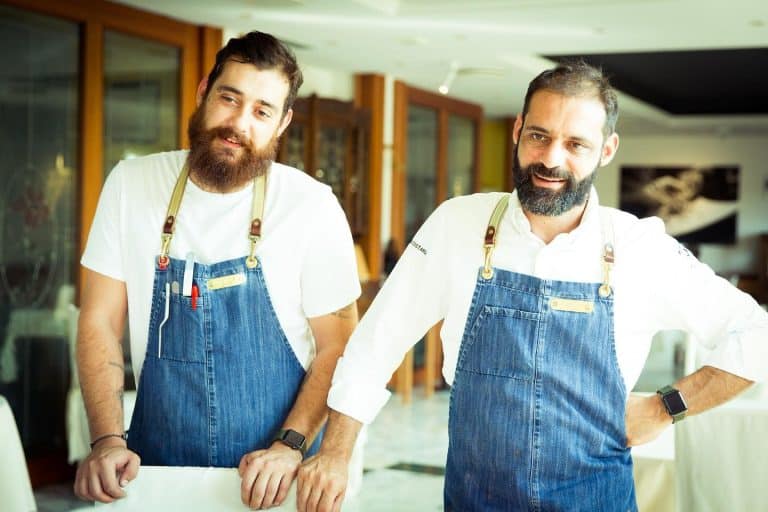 The gastronomic transformation of one of the most beautiful galleries in Turin. The Costardi Bros arrive at the Subalpina
The gastronomic transformation of one of the most beautiful galleries in Turin. The Costardi Bros arrive at the Subalpina The Italian chef who left Australia to open a restaurant in Molise
The Italian chef who left Australia to open a restaurant in Molise

